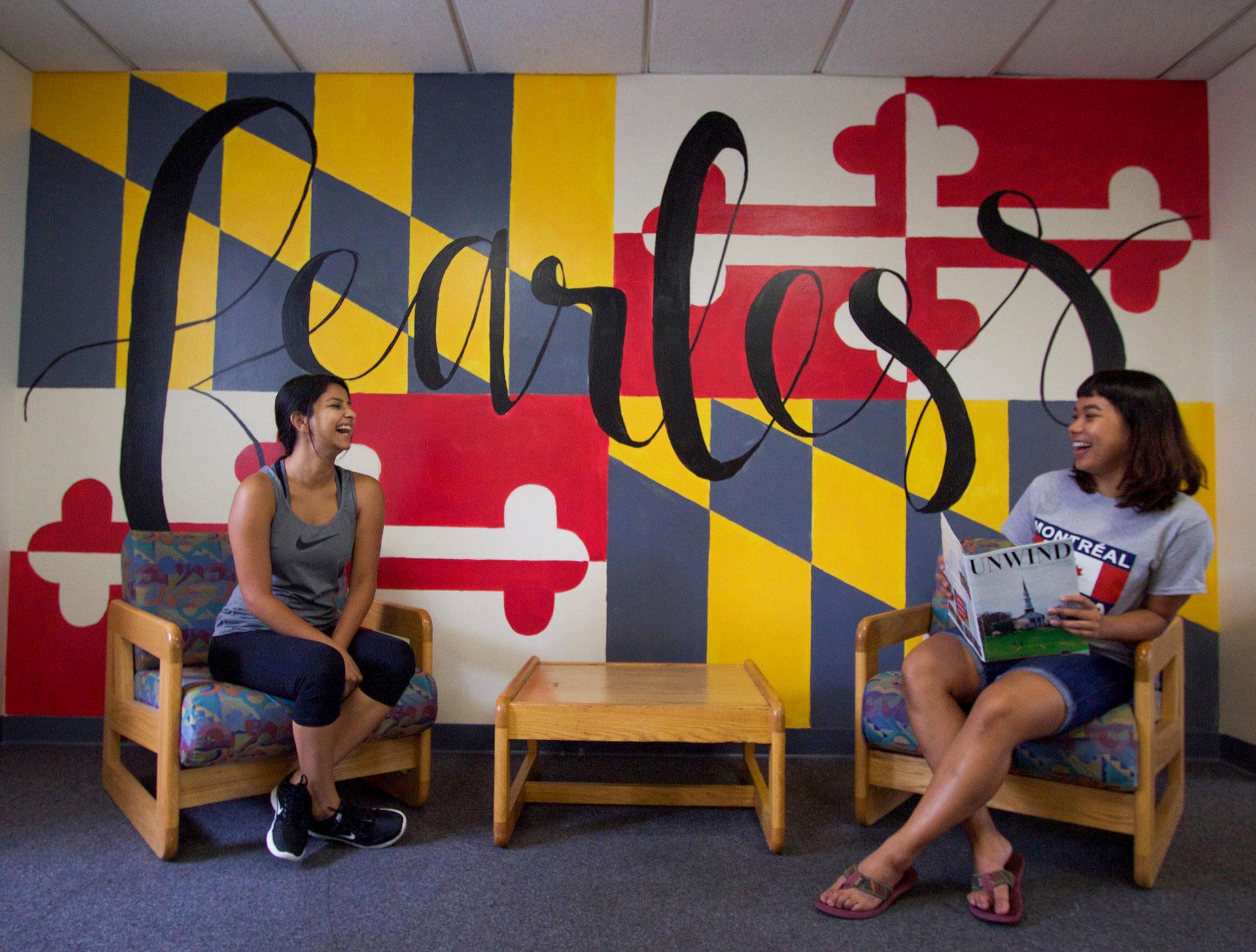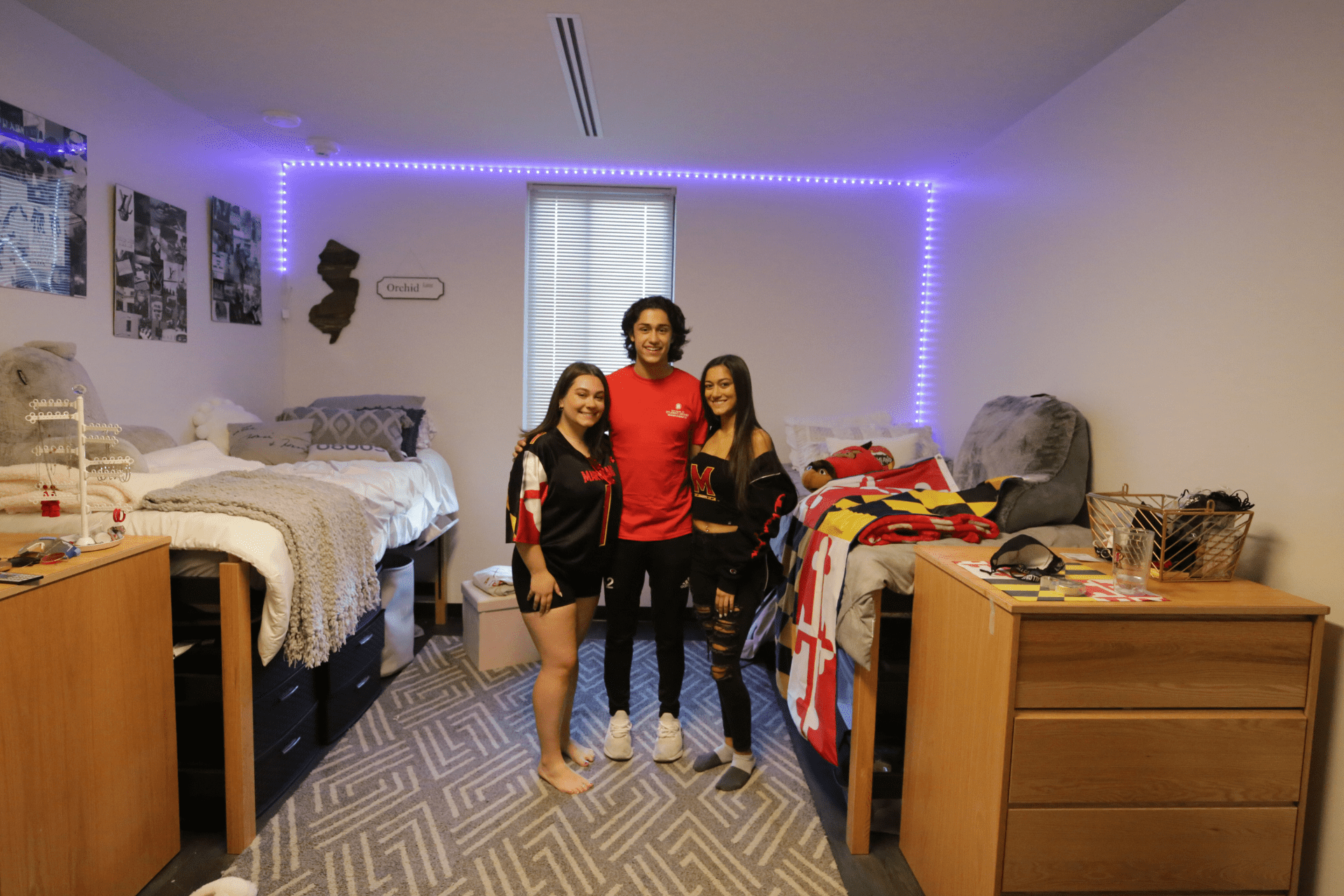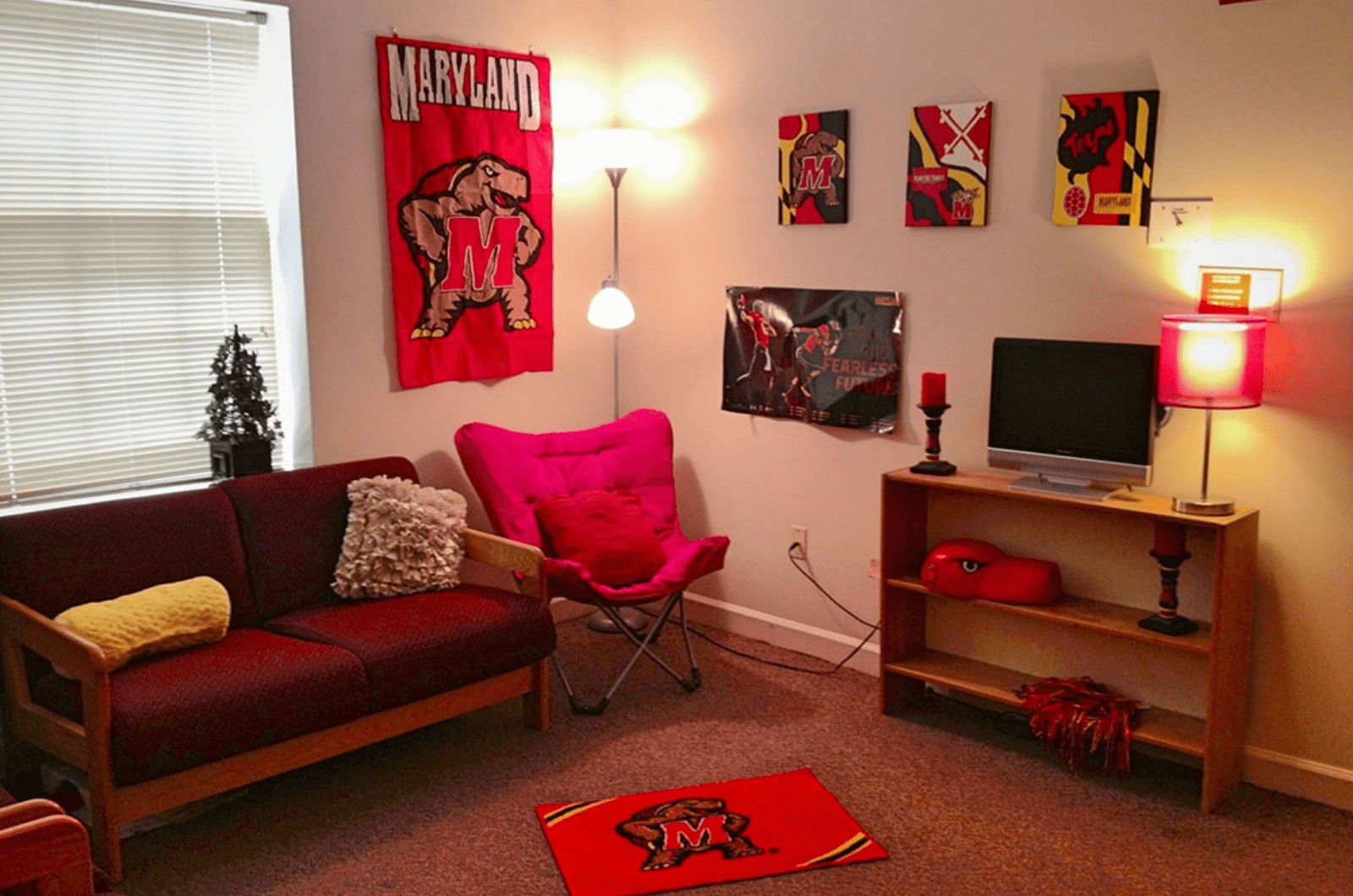DRAFT: Programs + Communities

We provide intentional communities where residents engage in creating a supportive space. These housing options help uplift diverse student identities and offer an opportunity to be in community with one another through shared interests.
Living-Learning Programs

Living-Learning Programs (LLPs) are residential communities where students live together and connect over shared interests and academic goals. Students in LLPs interact with university faculty and staff and participate in social and educational activities outside of the classroom.
To foster a close-knit community, your roommate will likely be from the same LLP. Your program will let you know whether you can request to live with someone outside of your LLP.
2024-2025 Residential Living-Learning Programs
BioFIRE enrolls highly motivated students with interests in the chemical and life sciences and limited previous exposure to scientific research. Throughout the year, BioFIRE students can participate in a variety of enrichment opportunities, including field trips, workshops, and social activities. In past years, we have visited the National Museum of Natural History and the National Zoo. Workshops center on topics such as academic planning, applying to medical school, and finding healthy ways to manage stress.
BioFIRE students reside together in Somerset Hall in the North Hill Community.
Carillon Communities is a one-year living-learning program where first-year students work with faculty to ask Big Questions that matter to our world, and learn to use teamwork and creative problem solving approaches. During their time with Carillon, students will learn skills to make teamwork effective, efficient and successful, use design thinking skills and abilities to address how they will use their time at UMD, and design a Maryland plan that is unique to their interests, including coursework and extra-curricular activities.
Carillon Communities students live in Easton Hall in the Denton Community with program roommates.
College Park Scholars is a two-year living–learning program for academically talented students. Students of this invitation-only program typically live with program roommates and take one or two classes as a group each semester. Students have access to a supportive, diverse and inclusive community, close faculty connections, and opportunities to learn and grow from the moment they set foot on campus.
College Park Scholars makes its home in the Cambridge Community, which consists of five residence halls and a community center on the north side of campus.
Programs:
The Flexus: The Dr. Marilyn Berman Pollans Women in Engineering (WIE) Living and Learning Program is a two-year living and learning community geared toward providing a supportive community for all students who identify as women studying engineering. Flexus aims to promote diversity, inclusion, and social justice in the field of engineering through curricular and co-curricular programs. Open to incoming first-year engineering students, Flexus is an ideal program for students who are looking for community, academic support, and ways to develop as future engineers outside of technical courses.
The Virtus Living and Learning Program is a two-year living and learning community designed for engineering students that identify as men. The primary focus of Virtus is on promoting community and inclusion within the Clark School and the field of engineering. Open to incoming first-year engineering students, Virtus seeks to empower students to shift the culture of engineering to be more inclusive of underrepresented groups in engineering including, but not limited to, women. The Virtus Community engages closely with the Flexus Community through combined living (mixed-gender) and academic seminar components.
First-year Flexus and Virtus students live in the common residential community in Easton Hall in the Denton Community.
The Honors College is home to eight of the University of Maryland’s highly acclaimed living-learning programs for students with exceptional academic talents. Students take 15-18 credits in one of our living-learning programs in order to earn an Honors Citation, which is an academic distinction notated on their transcripts.
All eight Honors programs are living-learning communities, each with its own residence hall. Honors College students currently live in the Ellicott Community (La Plata, Ellicott Halls), the Heritage Community (Pyon-Chen, Johnson-Whittle Halls), or the North Hill Community (Prince Frederick, Anne Arundel, Dorchester Halls).
Programs:
The Jiménez-Porter Writers’ House is a living and learning creative writing program for UMD students of all years and majors. The program provides a vibrant literary hub of the University of Maryland, College Park campus through public reading series, publications, literary study abroad programs, and various community outreach activities. It also fosters a successful literary community in residence at University of Maryland, College Park; one that supports, academically and socially, student creative writers from across the range of disciplines.
The Jiménez-Porter Writers’ House is located in Queen Anne’s Hall, which is a four-story, coed, traditional-style residence hall, in the North Hill Community.
The Language House provides an international community atmosphere in which residents work together to develop language fluency under the direction of a mentor and a faculty liaison from the School of Languages, Literatures, and Cultures.
The Language House is a multicultural community in which residents work together to develop fluency in a target language and an appreciation of the historical, geographical, and sociological world of the target culture(s). Students join one of eleven language clusters, where they live and learn together in the target language. Native-speaking mentors provide additional learning opportunities through weekly structured cluster meetings and activities.
Language House students reside in St. Mary’s Hall in the North Hill Community.
Mixed Gender & Gender Inclusive Housing

Students in mixed gender housing live in a residence hall room with someone of the same sex or gender, but the room next door may be occupied by students of a different sex or gender. On traditional hall floors, community bathrooms are designated as male or female.
Students in gender inclusive housing in traditional residence halls share the same room (and a private bathroom), regardless of sex, gender, or gender identity. Students in gender inclusive housing in a semi-suite, suite, or apartment share the same bedroom, regardless of sex, gender, or gender identity. Gender inclusive semi-suites have a private bathroom. Suite and apartment bathroom designations are determined by residents.
You can indicate your single, mixed, or gender inclusive housing preference when completing your Residence Hall Housing and Dining Agreement. If you have questions about gender inclusive housing or need additional information, please contact Michelle McCubbin at mmccubbi@umd.edu.
Substance Free Housing

Students choose substance-free housing for many reasons - to support academic achievement, for religious or cultural beliefs, for health and wellness needs, and more. It is important to understand your motivation for choosing this housing option in order to be fully invested in the community.
If you choose to live in the substance-free community, you have the:
- Right to live in a space free from alcohol and illegal drugs
- Right to be free from disturbances caused by others under the influence
- Right and responsibility to participate in the community accountability process
- Responsibility to keep your personal space free from alcohol and illegal drugs
- Responsibility to not be present under the influence
- Responsibility to hold your guests accountable for the community standards
Substance-free housing is available in select locations in all North Campus communities. One floor in Elkton, Ellicott, Bel Air, and Chestertown Halls, as well as the entire building in Carroll Hall, features substance-free housing.
You can indicate your interest in this housing option when completing your Residence Hall Housing and Dining Agreement. When making roommate requests, it is your responsibility to ensure all roommates agree and want to live in substance-free housing. If you have questions about substance free housing or need additional information, please contact the Assignments office, reslife@umd.edu.
